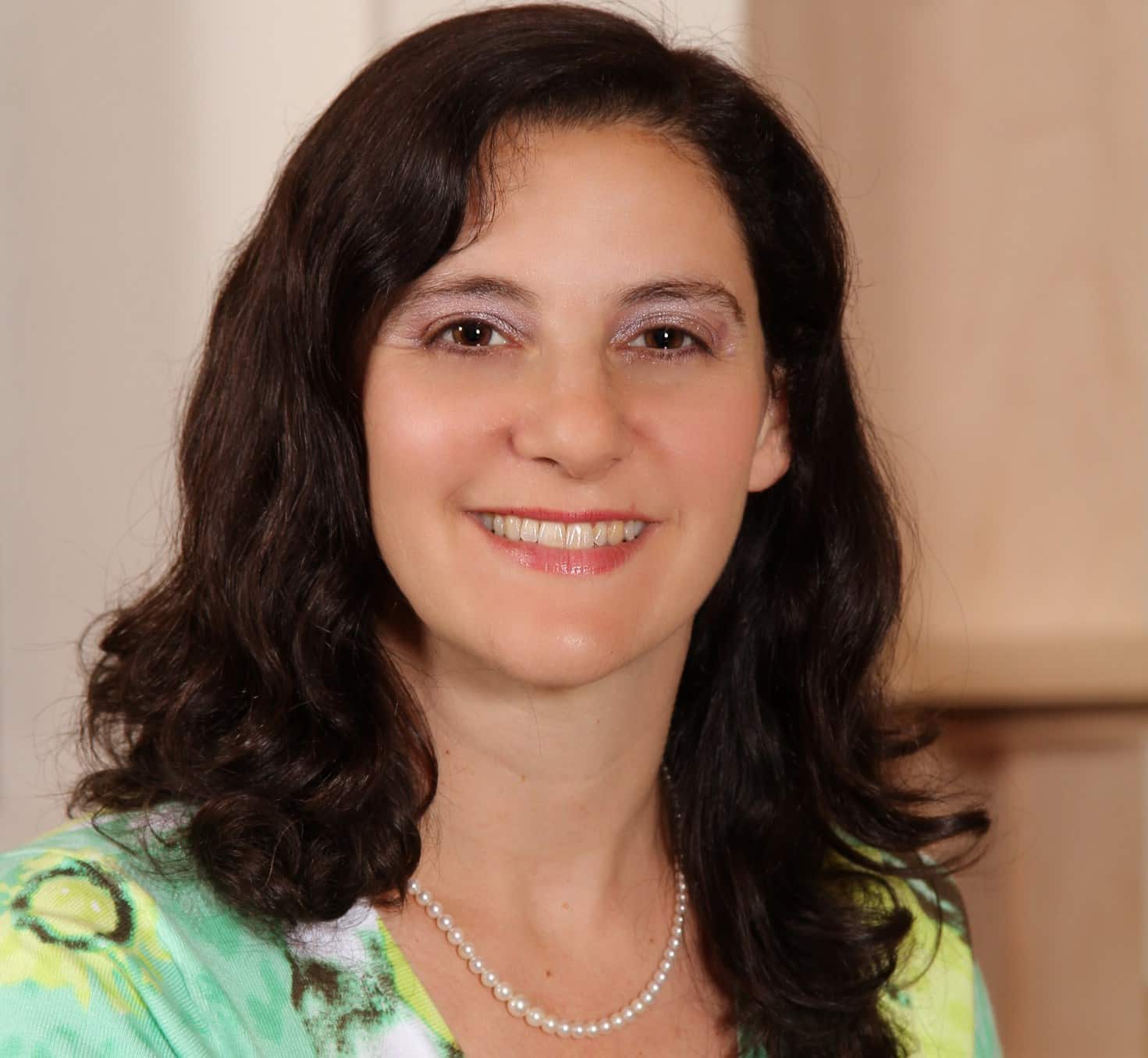This week, on our winter vacation, my husband, Tal, made a list of supplies before we went out to the market. My five-year-old son Jeremy wanted to get something from the store, but he didn’t know what he wanted. So he asked Tal to put “mystery” on the list, so he would remember to get Jeremy whatever struck his fancy in the store.
As we were shopping, we bought what we needed, and Tal recited the list to check whether we had gotten everything: “Milk, boots, detergent, mystery.” We’d found everything on the list – including a bag of pretzels which was Jeremy’s choice for “mystery.” I smiled: If only it were so easy to attain mystery in one’s life.
I had spent the day reading a gripping novel called Drawing in the Dust by Rabbi Zoe Klein. The book is a romantic, archaeological mystery set in Israel, and the story was absolutely riveting. From the moment I started the book, I couldn’t put it down. I kept wondering: What would they uncover next? Would the heroine and her love interest get together in the end?
By contrast, my life seemed rather benign and unexciting. If only I could pick up some mystery at the market!
This week’s Torah portion also tells the story of someone eager to uncover life’s secrets. In the parsha, called Vayehi (which means “and he lived”), Jacob was near death, so he gathered all his sons and grandsons and said, “Come together and I will tell you what will happen to you in days to come.” That opening must have gotten their attention!
Although Jacob promised to reveal the future, instead he told each son about their past actions and character. These “blessings” feel disappointing after such an enticing introduction. Why can’t Jacob reveal the future? Why can’t any of us see what lies ahead?
Lately, I’ve often wished that I could predict the future. I have to make a series of decisions, but the answers depend in part on events that haven’t happened yet. If I knew the outcome, I could make perfect choices. But now, my decisions are inevitably flawed because of my limited purview. And I know I’m not alone in wanting to know the future. A friend of mine recently began a new relationship and is eager to know whether it will work out. She feels that if she knew the future, then she could enjoy their courtship more – without needing to worry whether he’ll break her heart.
Why couldn’t Jacob tell the future? Why can’t we?
Perhaps, the answer lies in the shopping list. Though I’m sure the Jacob sons would be eager to hear their future, if Jacob had actually told them, their lives would have been far less exciting. It would be as though they had skipped ahead and read the last page of a novel – and then found the rest of the book far less interesting. If we knew the future, we could make better choices and fewer mistakes. But our lives wouldn’t feel like a gripping drama – where we’re glued to our seats, wondering how things will unfold. Knowing the future would surely make life easier, but then we’d be missing one crucial ingredient.
New Years is a time which is popular for making resolutions. We typically reflect on the year that has passed and write a mental list of what we want for the coming year. On the list for 2010, don’t forget to include romance, passion, and especially: mystery.






















 More news and opinions than at a Shabbat dinner, right in your inbox.
More news and opinions than at a Shabbat dinner, right in your inbox.